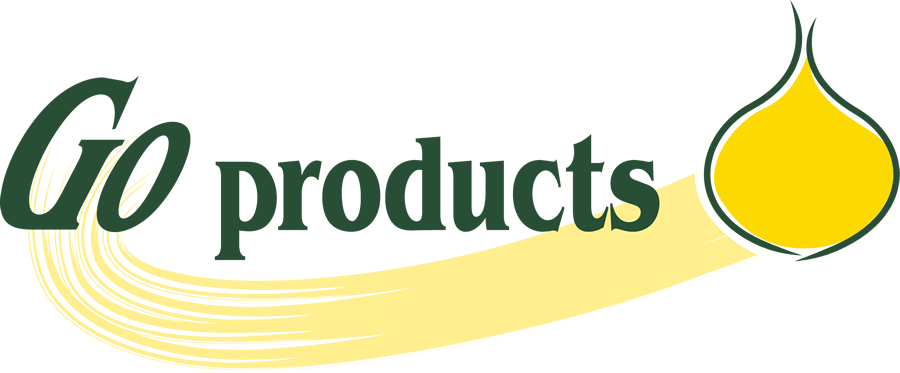Ready for the future with the Eqrader
After years of manual sorting, Go Products was ready to take the next step: an Eqraft electronic sorter. Director Arjen Goud discusses the collaboration with Eqraft project leader Mike Kooijman.
At first glance, for a small family company like Go Products with only a handful of employees, a massive investment such as an electronic onion sorter might not seem the obvious choice. Yet, more than a year ago, director Arjen Goud opted for the Eqrader from Eqraft. The optical grader is now running at Go Product's factory in the Dutch town of Nagele in Noordoostpolder. Arjen says, "The technology is fantastic. It’s unbelievable a computer can look inside an onion and detect rot."
Expanding capacity
Hans, Arjen's father, started Go Products 20 years ago and has about 35 years of experience in the onion industry. Arjen grew up among in the business, learning all about the sector on his father's knee. He first worked for other companies for several years before joining his father's life work. Thanks to Arjen, the company now also processes and packages consumer onions, in addition to the onion sets.
Being a contracting company, Go Products is dependent on other parties who make use of their sorting and packaging capacity. When meeting their customers’ demands, they must be quick and flexible, even when that means responding to last-minute requests. "When a client calls us in the morning, we should preferably get started on their order that same day already," explains Arjen. However, finding the right people to execute those orders by hand is becoming increasingly difficult and expensive. "It’s hard to find people who want to work on an assembly line. Staff turnover is high and it costs us a lot of time to keep training new people." Then there’s the factor of human error: for instance, employees may not be able to see whether an onion is rotten on the inside, which results in inconsistent quality. Moreover, changeover times between orders are often too long. “All these reasons put together resulted in an insufficient capacity for our consumer onion line,” explains Arjen. Therefore, he started looking for a more efficient solution.
Longstanding relationship
The Eqrader was not a random choice: the Goud gentlemen already had a couple of machines manufactured by Eqraft. The onion topper they had bought 20 years before was still going strong and they were also pleased with the other equipment they had purchased since then. "Eqraft builds good machinery," states Arjen. "Their service is excellent, too: if there’s a problem, they’re here within ten minutes. That’s extremely important for our continuity."
Arjen had his eye on the Eqrader for quite some time, but father Hans still had to be convinced: he didn’t believe in the new technology until he had seen it with his own eyes. A visit to HOZA, a factory nearby where the Eqrader was already in use, was the deciding factor. "During the car ride back home, he was quiet for a long time. That’s when I knew he was convinced," laughs Arjen.
When it was finally time to sign the contract, Eqraft was going through a turbulent time because of a change in management. This, however, didn’t make Arjen change his mind about the optical sorter. The bond of trust he had built up with Eqraft played a major role in this: "My father and I had a good working relationship with Pieter Kaat of Eqraft. He was always extremely open and honest with us. We, therefore, trusted that they would, once again, deliver a good result. That’s how we work: we only want long-term relationships based on trust." Mike Kooijman, Eqraft's project leader, is grateful for this choice. "It meant a lot to us that they signed for this project." He and his colleagues have since reached calmer waters again and are currently finishing the new sorting line for Go Products.
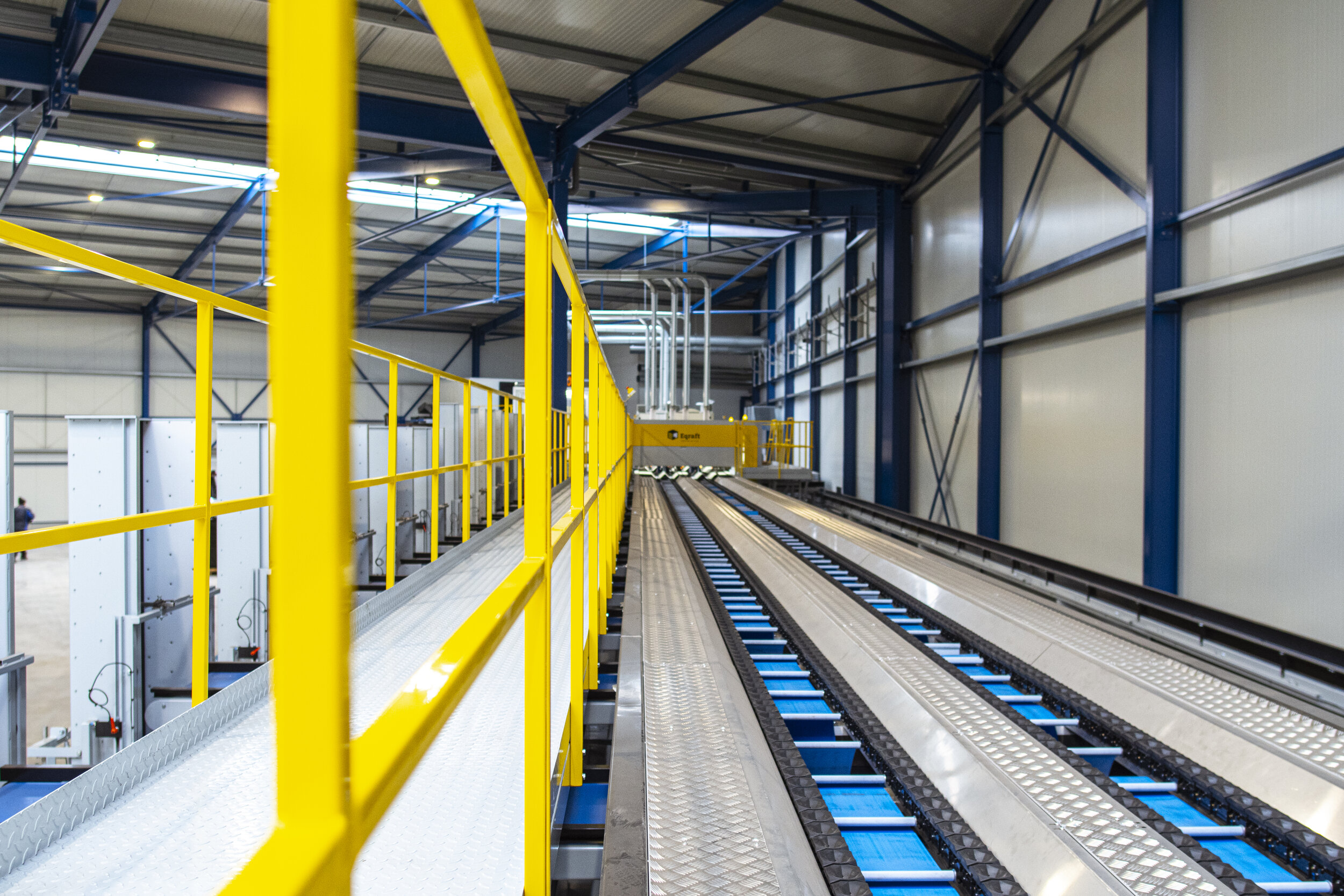
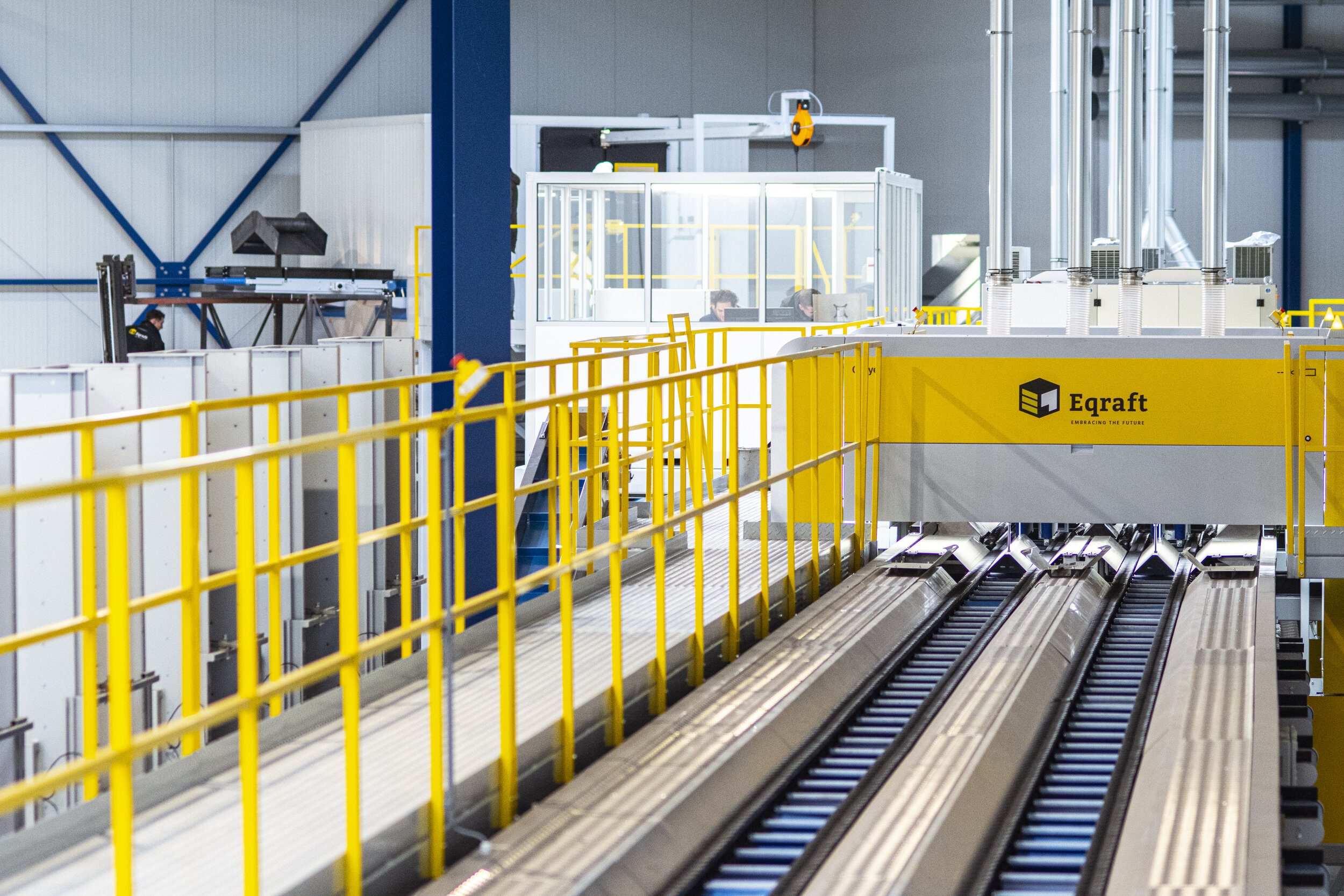
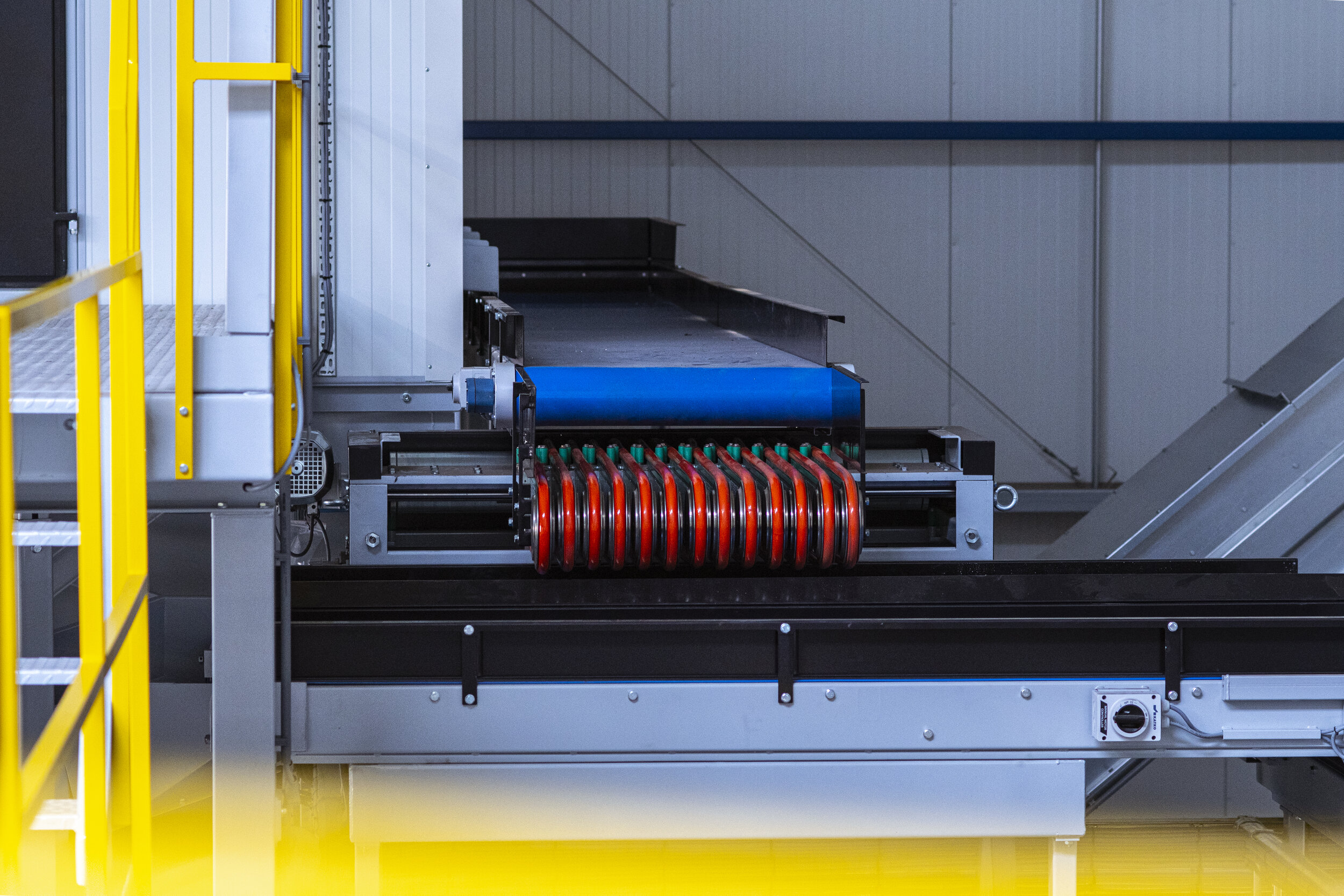
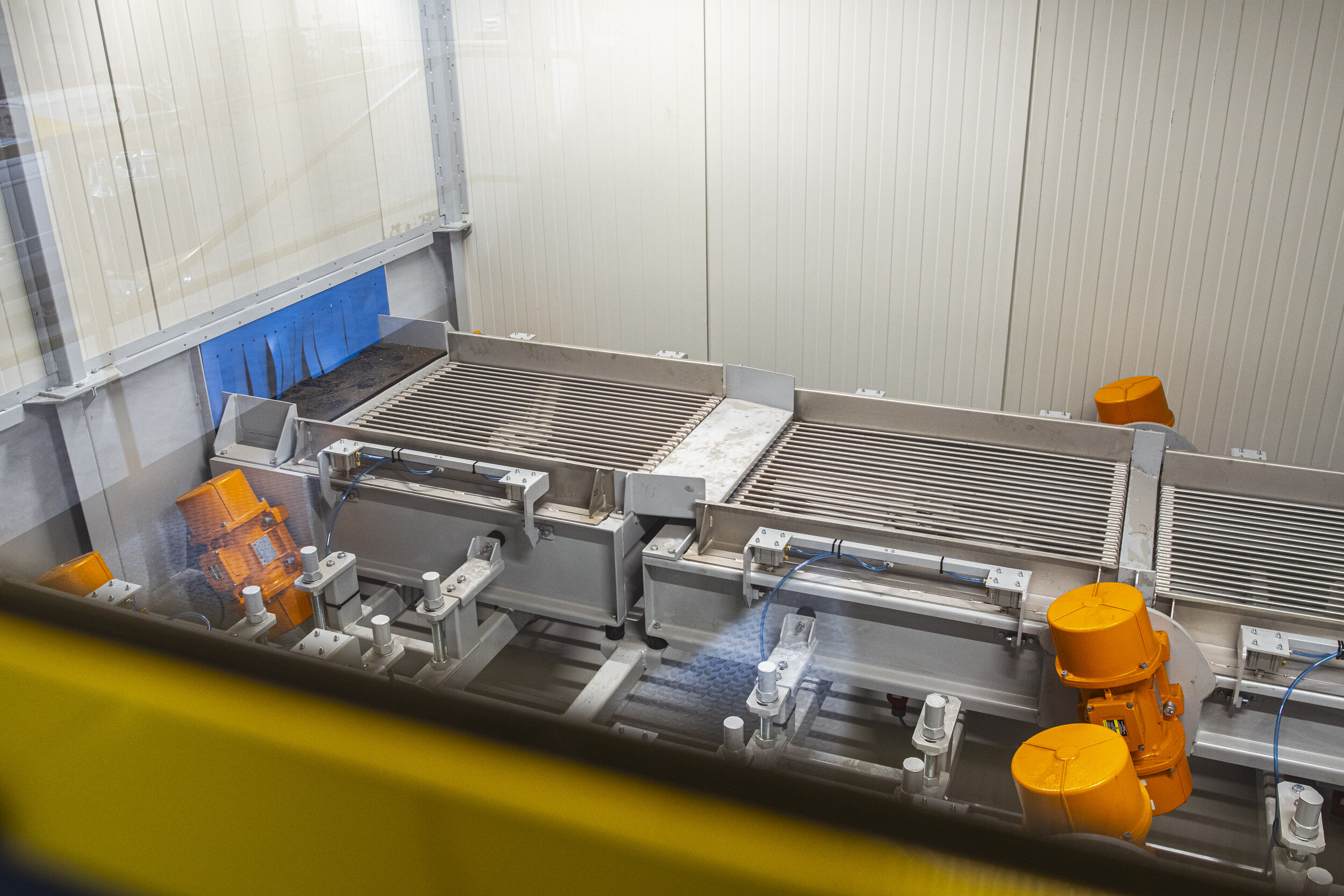
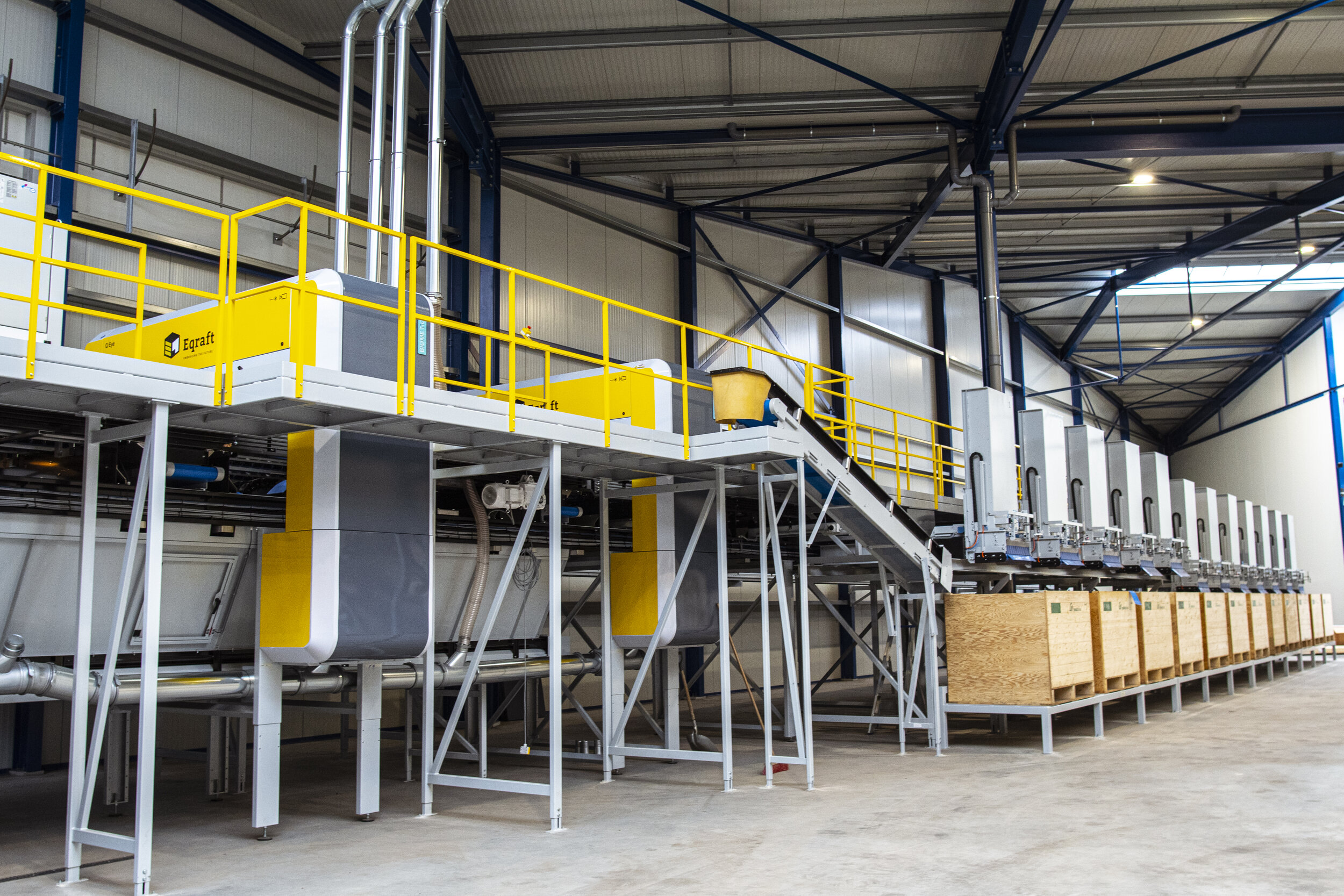
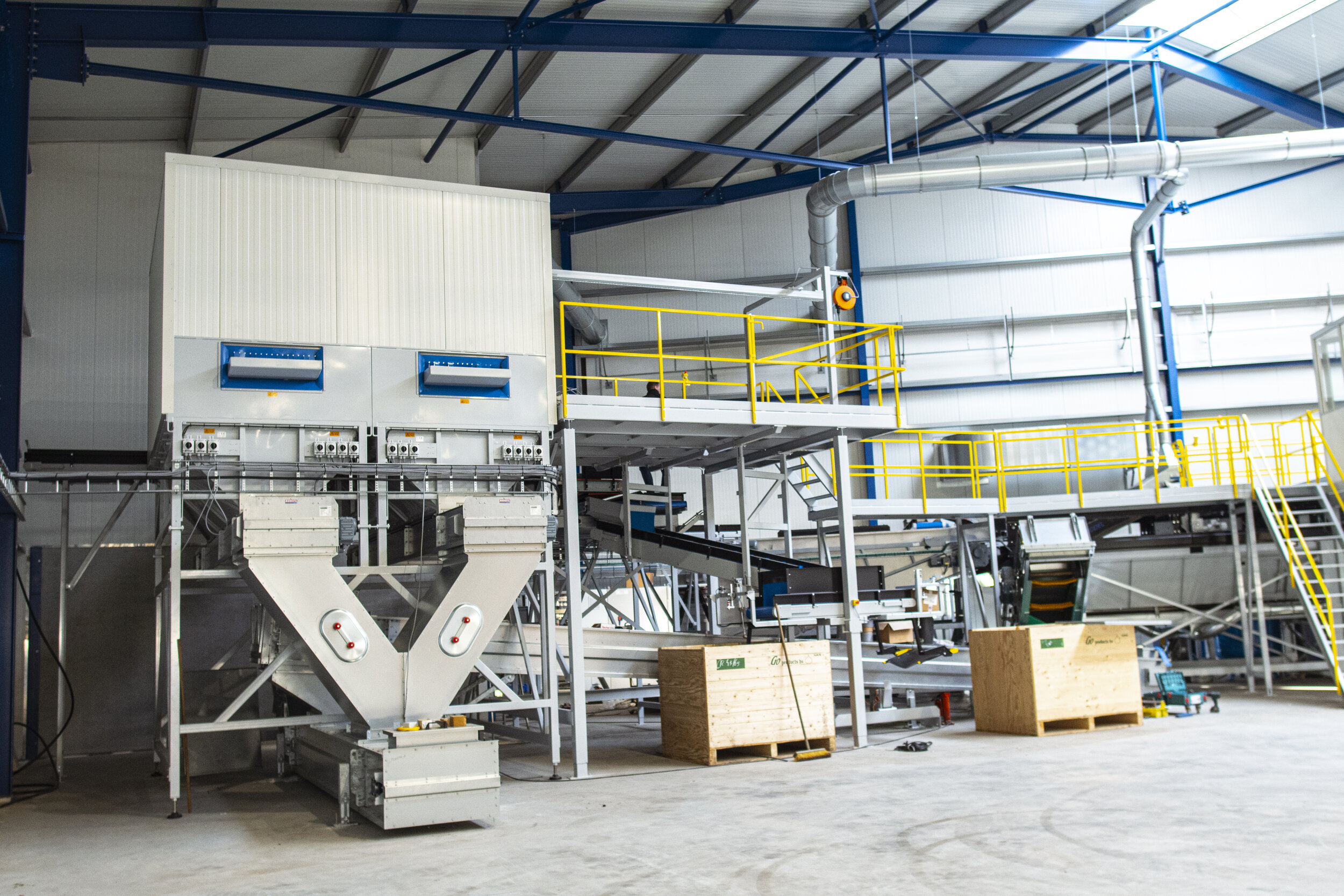
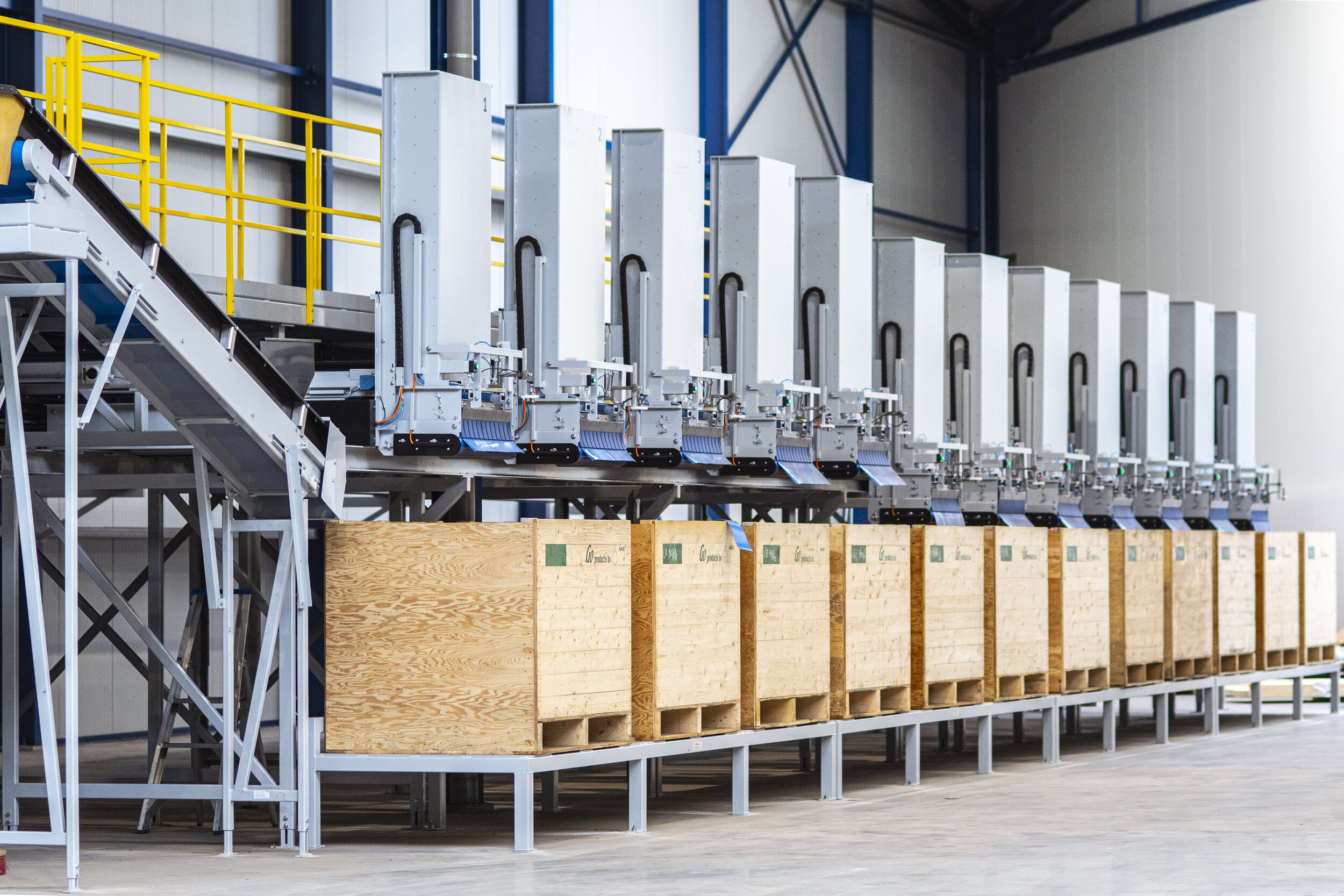
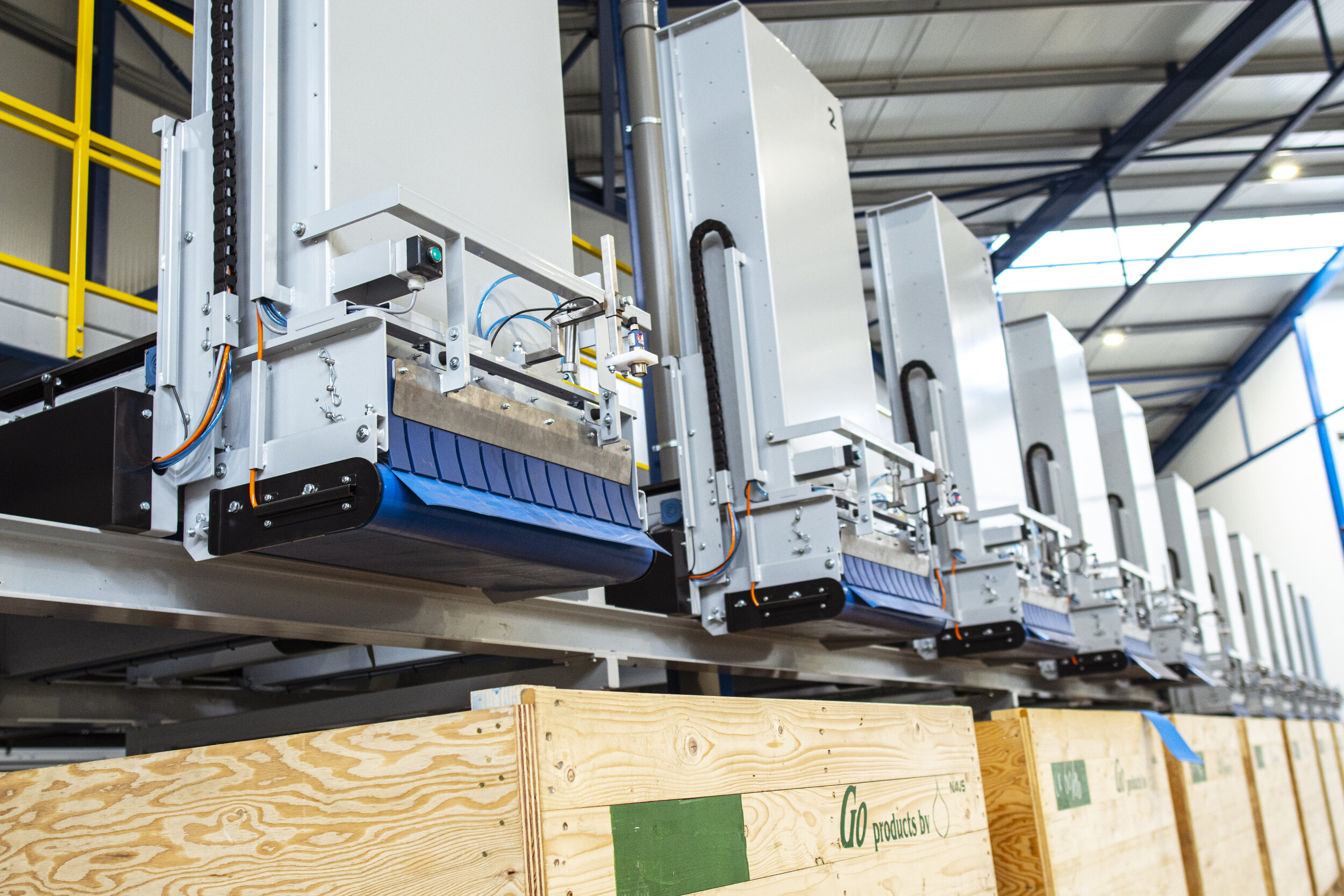

The missing piece of the puzzle
For Eqraft, executing the project for Go Products was not without its difficulties. Firstly, positioning the sorting line was a challenge due to the factory’s angular shape. "It looked like it was going to be a real puzzle, but fortunately, the machine line turned out to fit perfectly into the building's angle," says Mike. The management change also caused some delays: it meant not everything always went according to plan. However, thanks to both parties’ joint effort, the new sorting line was up and running in early 2020. Eqraft is currently applying some finishing touches, explains Mike. "It’s still a learning process for us because the Eqrader is a relatively new machine. During each installation, we learn something new." Arjen agrees the machine’s delivery came with some difficulties, "however, in the end, Eqraft reached a result they can be very proud of."
Ready for the future
According to Arjen, the biggest advantage lies in his company's newly acquired flexibility. "When a client calls in the afternoon and says, 'I want a batch of onions sorted today’, we can just switch on the machine and deliver the order. We can respond much quicker to our clients' wishes. We’re also less dependent on seasonal workers." The Eqrader also allows for working more sustainably with byproducts. Thanks to the camera and infrared technology, bad onions can easily be removed from a batch. Even inner rot can be detected. These can then be used in, for example, a biodigester, resulting in a very efficient process in which nothing goes to waste. Go Products' people will still need to familiarize themselves with the new factory set-up. However, as far as Arjen is concerned, there is no looking back. "Given the chance, I would choose the Eqrader again," he concludes.
